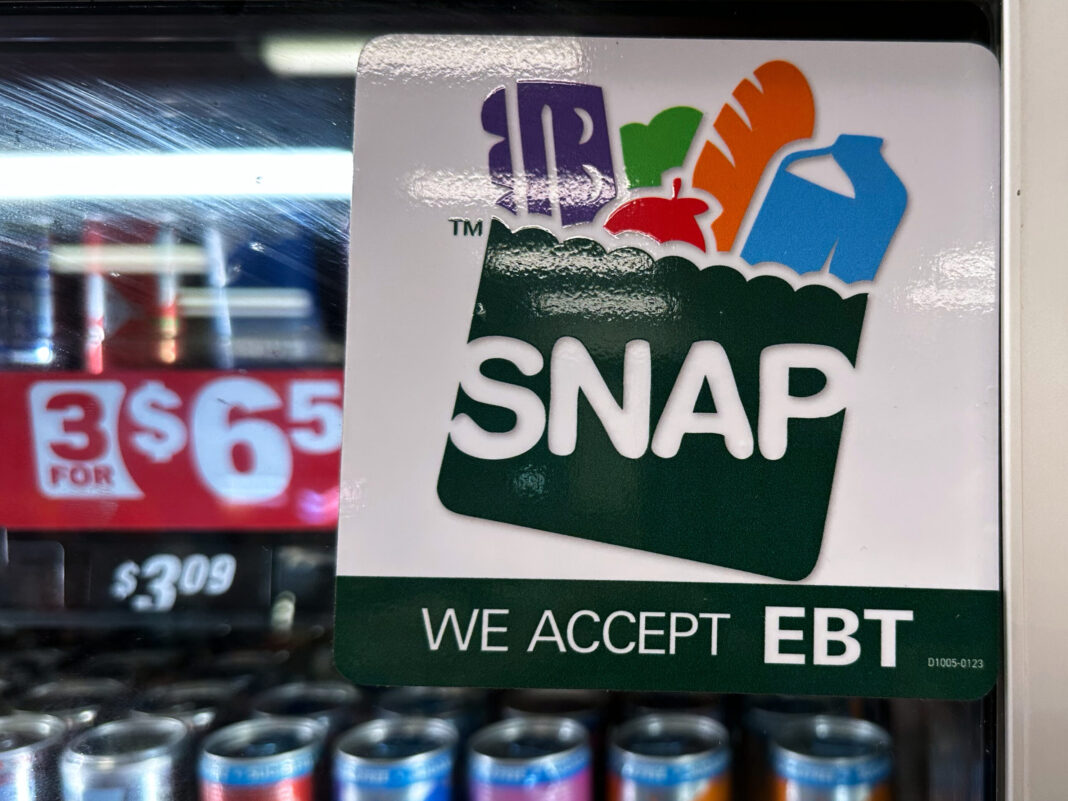The SNAP Benefits Tug-of-War: A Legal and Humanitarian Crisis
The Background of SNAP Benefits
The Supplemental Nutrition Assistance Program (SNAP), formerly known as food stamps, provides vital support to millions of Americans facing food insecurity. As of recent reports, this program serves approximately 42 million individuals nationwide, offering essential assistance to families in need. However, it is now at the center of a significant legal and political struggle involving the Trump administration and various state governments.
Court Rulings and Initial Actions
Last week, federal courts ruled in favor of nonprofits and Democratic attorneys general who sought to ensure that full SNAP benefits were maintained. These rulings came as a relief to many states, leading to the swift release of benefits to millions who depend on them for their daily sustenance. For example, Wisconsin loaded benefits onto cards for approximately 700,000 residents, ensuring that families, including nearly 270,000 children, could access food and groceries.
The Supreme Court’s Intervention
Just as states began to distribute these crucial benefits, the U.S. Supreme Court issued a stay on the lower court rulings, leading to confusion and potential repercussions. The stay has prompted the U.S. Department of Agriculture (USDA) to issue a directive demanding states to “undo” any benefits that were disbursed under the previous court orders. This sudden pivot marks yet another notch in the see-sawing legal battle surrounding this essential anti-hunger program.
The Trump Administration’s Stance
Facing this setback, the Trump administration has asserted that any benefits released post-court ruling are now considered “unauthorized.” Patrick Penn, the deputy undersecretary of Agriculture, clearly stated that states must immediately reverse any actions taken in issuing full SNAP benefits. This demand has sent shockwaves through state administrations, which warn of “catastrophic operational disruptions” if forced to comply.
Financial Implications for States
The financial implications of this situation are profound. States like Wisconsin, which were proactive in distributing benefits, now find themselves in a precarious position. With the U.S. Treasury halting reimbursements, the state anticipates running out of funds to support these benefits imminently. The risks extend beyond just funding; unpaid vendors may lead to escalating legal claims against states, potentially creating a significant financial burden. By reversing SNAP payments, states could face numerous challenges, including demands to return hundreds of millions of dollars.
State Responses and Community Impact
In response to the USDA’s directive, Wisconsin Governor Tony Evers firmly rejected the demand, emphasizing that the state acted in accordance with an active court order. His statement captured the urgency of the situation: “After we did so, the Trump Administration assured Wisconsin… that they would ‘complete the processes necessary to make funds available.’ They have failed to do so to date.” This highlights not only the immediate ramifications for individuals relying on SNAP but also the broader implications for state governance and collaboration with federal authorities.
A Broader Humanitarian Concern
As this legal battle unfolds, the potential consequences for families relying on SNAP benefits are dire. The precarious nature of food security can lead to cascading effects such as increased health issues, child malnutrition, and economic instability. For many, SNAP is not just a program but a lifeline. The ramifications of halting or reversing benefits could exacerbate an already challenging situation for vulnerable populations.
Conclusion
The tug-of-war over SNAP benefits represents more than just a legal dispute; it is a reflection of the complex interrelationships between state and federal governments in addressing issues of hunger and food security. As various states navigate this storm, their actions will significantly affect millions of lives and highlight the ongoing debates around social safety nets in America.



